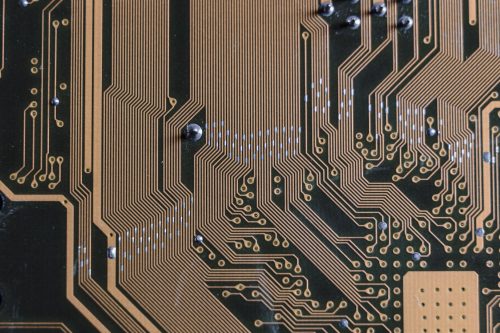Artificial intelligence (AI) has long been a topic of both fascination and concern. As technology continues to advance at an unprecedented rate, there are growing fears that AI will replace human jobs across various industries. However, some industry leaders, like Airbnb CEO Brian Chesky, have a different perspective. They believe that AI will not only create new jobs but also foster entrepreneurship and innovation.
Chesky recently shared his views on the "This Week in Startups" program, emphasizing that while it is easy to imagine jobs being displaced by AI, it is much harder to envision the new opportunities it will bring. He acknowledged that AI-powered solutions like ChatGPT could automate a significant portion of the daily responsibilities of software engineers at Airbnb. However, he sees this as a positive development, as it would free up engineers' time to focus on more complex and specialized projects, thereby enhancing their careers rather than putting them at risk.
Moreover, Chesky highlighted that AI will empower individuals beyond the realm of computer science. He predicted that advancements in AI will enable chatbots to develop websites without the need for coding skills. This democratization of website creation, he believes, will open doors for millions of aspiring entrepreneurs who can now build their online presence and start their businesses without extensive technical expertise.
Chesky is not alone in his optimism. RSE Ventures CEO Matt Higgins recently wrote for CNBC Make It, emphasizing how AI can facilitate faster and more lucrative opportunities. He argued that AI has the potential to generate substantial wealth and provide alternatives to traditional employment, offering people a chance to escape mundane or low-paying jobs.
Of course, concerns about job displacement are not unfounded. History has shown that technological advancements have disrupted certain professions, rendering some roles obsolete while creating new avenues for employment. The rise of computers and the internet, for example, eliminated typewriter and phone operator jobs but gave birth to thriving industries like website design and content creation.
Tesla CEO Elon Musk also weighed in on the topic, acknowledging the potential pitfalls of AI. Musk cautioned that if AI can perform a job more effectively than humans, it could lead to job dissatisfaction and decreased fulfillment. Nevertheless, he recognized the transformative power of AI and the need for society to adapt to its rapid pace of development.
The future of AI remains uncertain and unpredictable. Chesky cautioned that those who lag behind in embracing AI risk being left behind in an increasingly technologically driven world. However, he also stressed that AI is a tool—a creative tool—that can amplify human capabilities and drive innovation.
They believe that AI will not only automate certain tasks but also create new opportunities and industries that we can scarcely imagine today. As technology continues to evolve at an astonishing pace, society must prepare for the changes it brings and embrace AI as a tool that can unleash human creativity and potential in unprecedented ways.
























